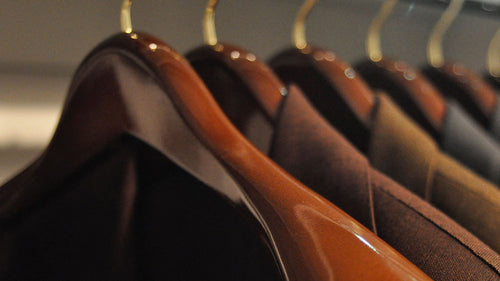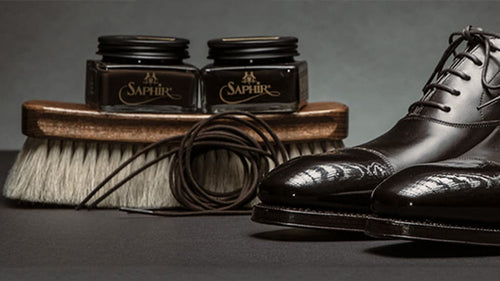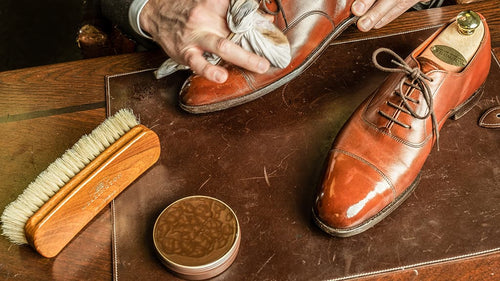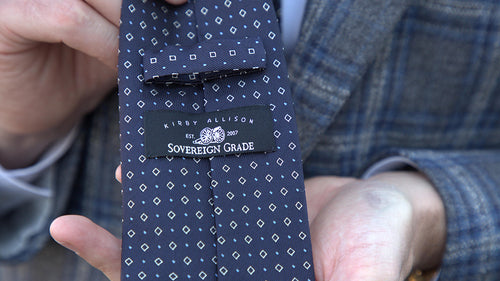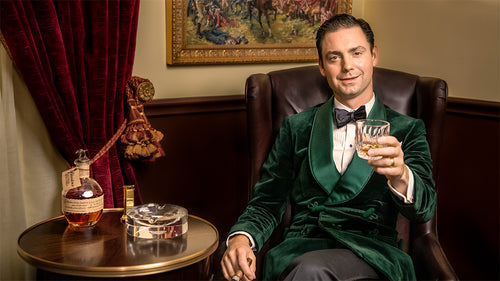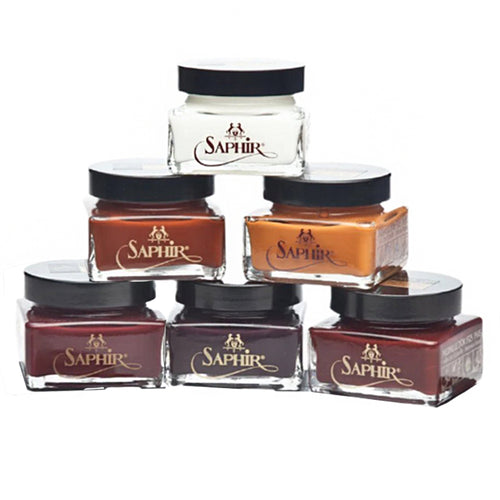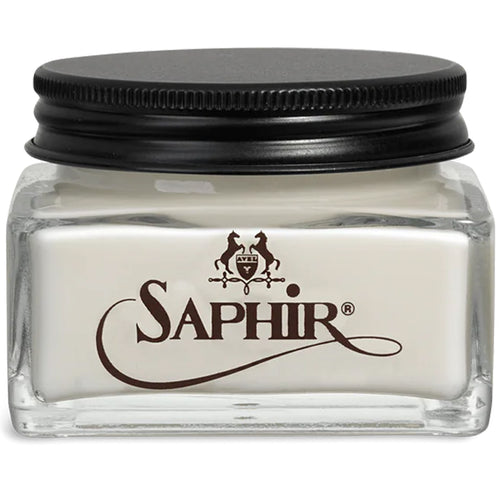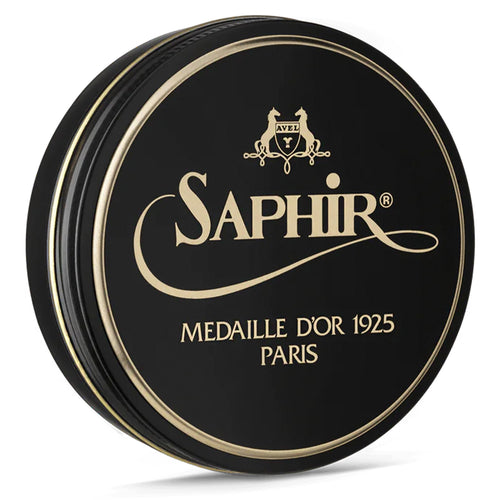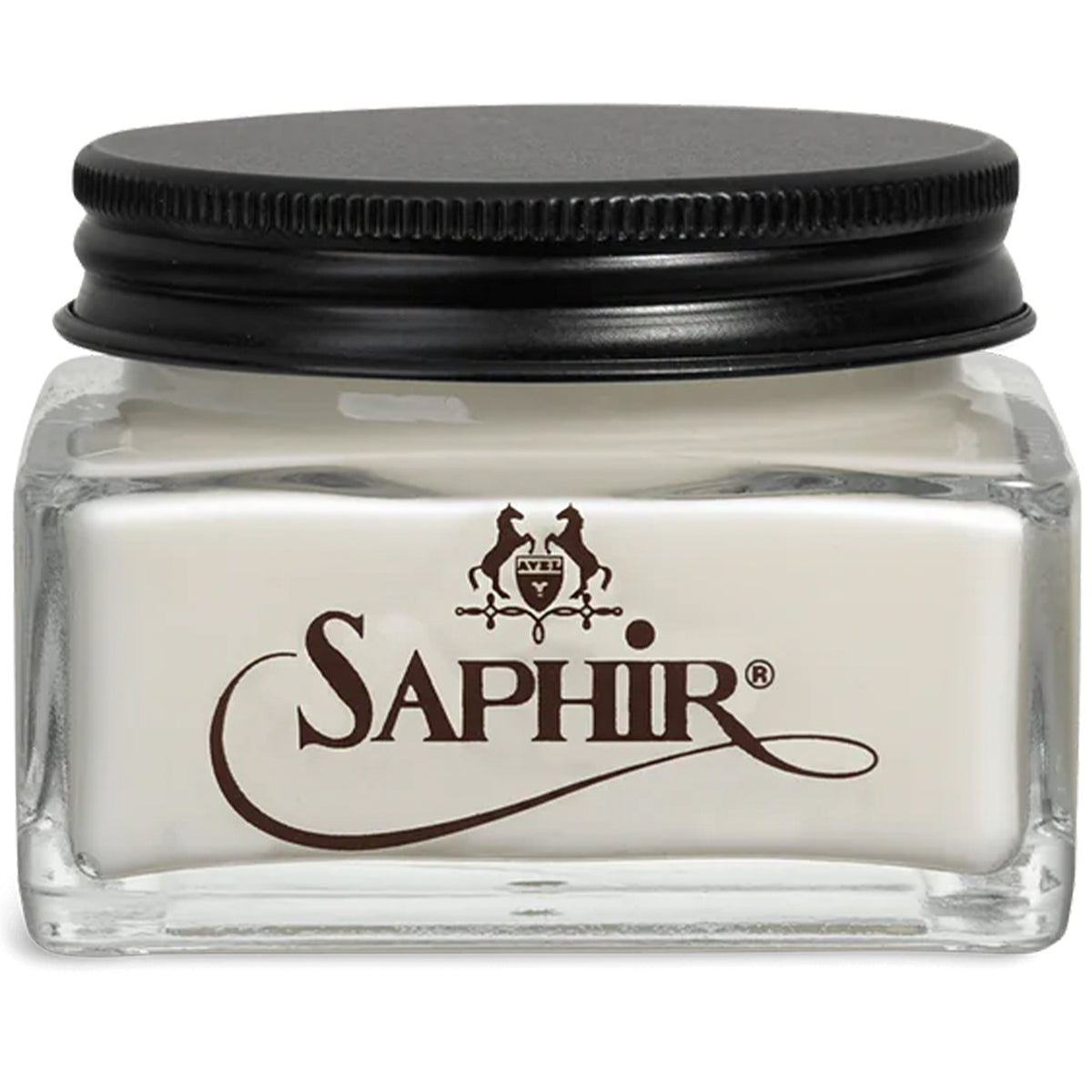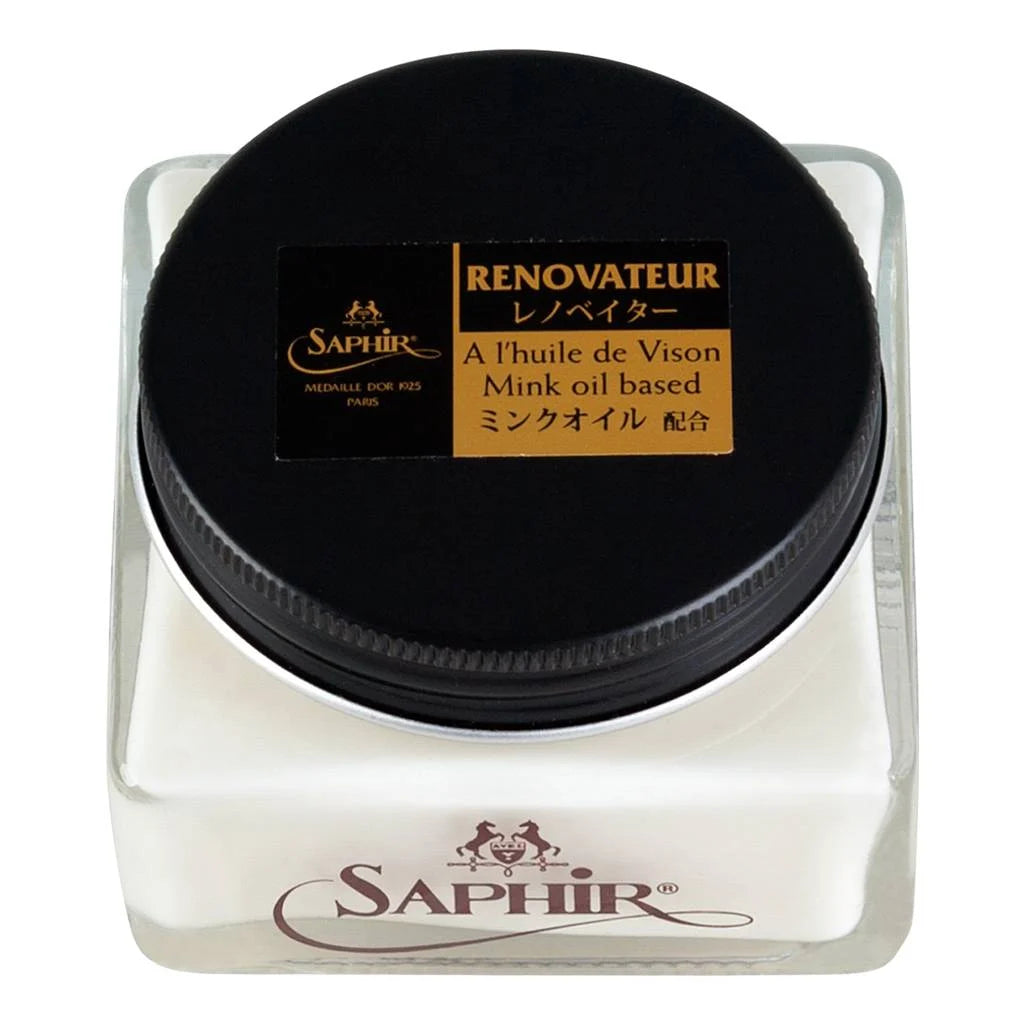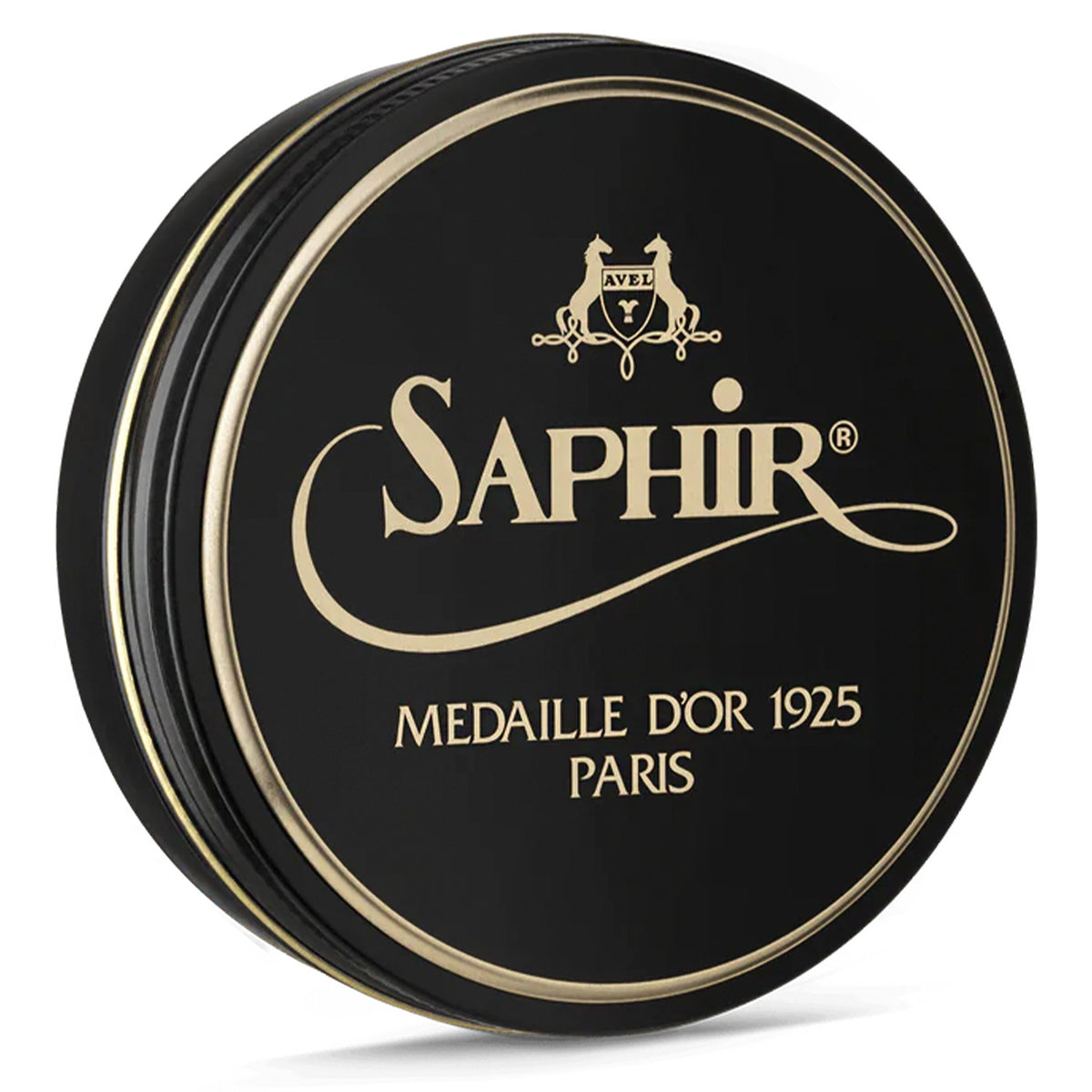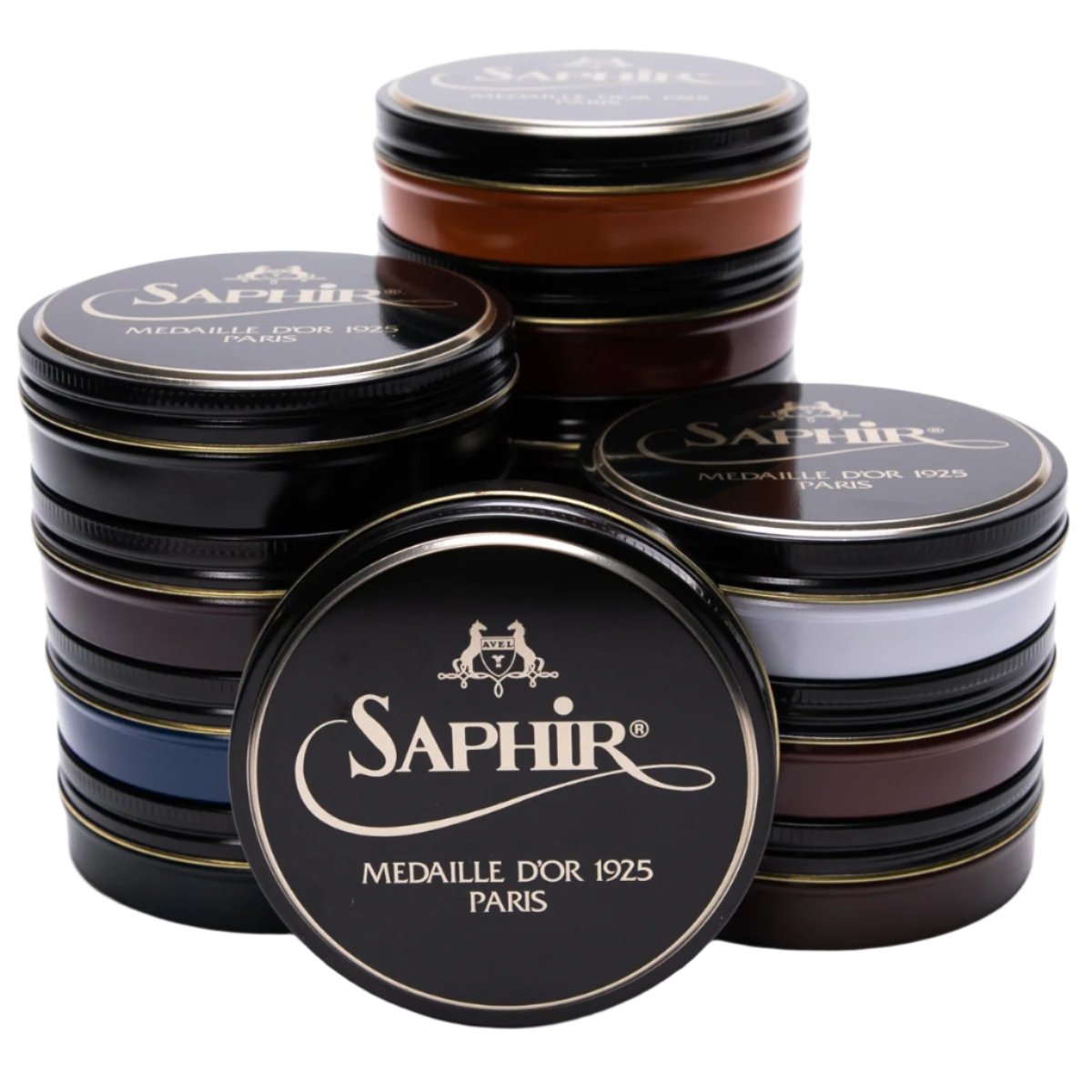Kirby Allison, Founder of Hanger Project, sits down with Angel Ramos of Angel | Bespoke to talk about the importance of investing in a custom suit. Angel also talks about differences of made to measure and bespoke, his previous experience and how he started Angel | Bespoke.
Transcription
Hi, I'm Kirby Allison and here at The Hanger Project we love to help the well- dressed take care of their wardrobes. Today I'm in New York City with Angel Ramos of Angel Bespoke and we're gonna talk about the differences of made-to-measure and bespoke. So we're gonna talk about the value of investing in quality and then also just the the benefit of working with someone that's a haberdasher. So Angel, thanks for joining me. I really appreciate being here.
Thank you.
You actually share a showroom with a Zach Jobe of Saint Crispin's Americas, right. So you know I've known you for a long time. I mean, you've got a pretty significant presence on Instagram; through your Instagram account @angelbespoke.
Sure.
Why don't you give us a little bit of a background of kind of your story and how you ended up doing what you're doing now.
Yeah. So I grew up here in New York and out of college I played a little bit of minor league baseball. After that I didn't get into even though I wanted to get into design, I ended up getting into real estate, luxury real estate and I was working with Sotheby's International Realty for about six or seven years. During that time, I've always had an affinity for clothing and elegant clothing and my mother was a seamstress for 35-40 years. My dad was a very, very dapper guy growing up and I've always watched him you know shine his shoes. You know he dressed very elegant. He would come home and it was a good like kind of methodical thing of like shoe trees, shining, putting it away. Which is funny because I don't even do that now. However, you know through Sotheby's, I found myself really caring about my image and my and building a brand through my clothing and it was a it was a time where I was living between Atlanta, Miami and the culture there wasn't really getting dressed very much. It's more of a people do luxury real estate in polo shirts and khakis and so although I was not trying to stand out from the crowd, I ended up doing that because I was always in suits and three-piece suits and so it was something that I always loved and then towards the latter part of my years in Sotheby's, I just wanted to kind of get out of Sotheby's and really dive into menswear because it was my passion. It was a little difficult because no one really wanted to hire me. I didn't have any experience and in 2010 I ended up winning an award with Esquire magazine called Esquo. It was Esquires best dressed real man of America and that kind of like gave me a little entrance into the menswear industry which rather than going the retail route, I ended up signing on as a clothier with a company that specializes in private fittings and custom clothing and it allowed me to travel around America and understand: the business, the back end of the business, the part of traveling and giving private fittings and I was there for about a year and a half and started my own brand after that and I started age of bespoke in 2012.
Okay, and so whenever you're at Sotheby's, I guess you know you really kind of developed an identity as being well-dressed. How did that make a difference? I mean, you know did showing up you know dressed in a suit and tie you know whenever everyone else was you know in khakis and polos. I mean did it help you make a different impression? I mean were you treated differently?
Yeah, so you know I was doing real estate. I was pretty young. I was 25 to 20. I mean I think I started doing real since I was 24 years old. And so I needed that edge to gain listings, especially when you're in the luxury market because there's not many people who want to give a you know a 24 year old a 5 million dollar plus listing. And so that edge and that elegance when I would come into a listing appointment, it just gave me a step up and I actually partnered up with a pretty significant group in terms of in Sotheby's. So, it was that plus the image that I portrayed which kind of conveyed you know a high level professionalism helped me get a lot. And I did pretty well when I was in Sotheby's.
I find that really fascinating because you know it's something we talk a lot about here at The Hanger Project is that you know whenever you dress well and dress formally you know that people take you more seriously and so it's really kind of interesting to see how that impacted your career and gave you an edge and have people take you more seriously.
Yeah.
Does that inform at all kind of what you feel like you're doing through Angel Bespoke and kind of helping develop that narrative and share that with other people?
You know, so there's in my opinion there's two parts of this business. There's the normal tailor that you would normally go to and just have something made out of necessity. You know my clientele comes to me because I want to gain trust in them. I want them to like feel that I'm actually, dressing them. I'm actually helping them create a wardrobe that's an investment wardrobe that's obviously timeless. And so, it's people don't come to me you're getting more than just you know I'm making a suit, it's more if it's more of a full consultation of lifestyle you know. One of the main questions I always ask when I sit down with someone is you know not only what you do for a living but what does your weekend look like? When you vacation, where do you vacation? You know, what you would envision an evening out with your wife and dinner in Jamaica in Round hill? Are you wearing you know, are you dressed up? Are you know are you more of a casual guy? And kind of building a wardrobe around that. Do you spend much of your time you know trying to give guys the confidence and kind of push them to maybe dressing more formally more often? You know it's one of the one of the funny things, I have a lot clients who get pretty not annoyed but they're always weirded out by how much I push tuxedos. So, I think it's pretty sad that nowadays most men don't even own formal wear. Aside from you know suiting, I'm trying to get men, especially my clientele, away from the I only wear suits to work and making it a full lifestyle. And making it more of an elegant lifestyle. So even on a Saturday, if it's a casual day but you're wearing more of a wintertime since we're winter now. You would wear a flannel trouser with a pair of you know loafers and a just a sports jacket and a cashmere sweater rather than thinking it's Saturday, I'm not at work today so I'm wearing jeans and a t-shirt. It's kind of creating this elegant lifestyle revolving around you know the seven days of the week rather than I just only wear suits to work. I personally don't work with a lot of guys obviously I had clients who only wear suits to work, but I prefer and I enjoy working with men that are enthusiasts about dressing rather than you know I need a suit for a necessity. Because those you typically see those guys just go to your normal kind of like store to buy a suit because they don't really take they don't really find value in quality and in craftsmanship in garments they just think it's just a necessity then.
Yeah I mean I find that like that's something that I've you know surprisingly enjoyed you know especially whenever I'm traveling in like New York or London you know I'll be staying at places that really kind of require a suit and tie, like through the weekend even. And you know it's always I guess a little bit surprising to me in a really kind of positive way that you know whenever I'm wearing a suit and tie on a Saturday, you know how people you know on the street just treat you differently or look at you differently and I think that it's something that you know, our generation never grew up thinking about or doing. Right. But I think it's a missed opportunity to you know just embellish kind of one's lifestyle. I mean do you find that at all?
What you just explained was my favorite era. So when you think about the 1920s and 30s, it was not odd to see someone on a Saturday you know in full you know full suit three-piece suit tie and everything because it's just what was done. We've been shifting through the years. It's just very casual almost like you know for the for lack of words in New York terminology, schleppy kind of attire. And so, when you are you know even in New York which is a very well-known financial kind of like big business city. If it's a Saturday and you're all fully dressed up. It's still looked upon though some people might appreciate and go "wow he looks very elegant," some others might go "why are you so dressed up on a Saturday?" And so, I actually appreciate guys like you and there's several of us around the world that are really trying to bring back that culture of elegance seven days a week no matter what.
Yeah, I think one of the other things that you know that I certainly am speaking with people that are clients of yours and kind of mutual friends is you know you really embellish and kind of embrace this idea you know kind of bygone era of having a real relationship with one's haberdasher.
Right. I mean you know men used to have: a tailor, a shirt maker, you know that a guy that made their shoes, a barber and a doctor and those were kind of sacred relationships. And you know this day and age, I mean really most people don't you know that relationship hasn't been preserved very well. You don't find that at you know at department stores and you know traditionally you would only find it through like a Savile Row kind of bespoke offering. You know where someone's spending you know five six eight thousand dollars on a suit. But you really have brought that down to a price point that's much more accessible to the average person.
Right.
Reasonable price point. I mean what's the average price of a suit that you're making?
So, we have two kinds of lines of productions. So, one side, the lower end side is about $1,400 and then the higher end side starts at $3,000.
And so, for as little as $1,400, someone can still have that relationship with you where you're kind of guiding them through the process of building a wardrobe. So, talk a little bit about that.
So here's the thing is that like you said in the past men had their guy. Whether it was their barber, it was their shirt maker, it was their you know anything that would be specialized in terms of what they would need. And I actually when I was in real estate I was taught to be the everything to someone because you always want contact. You always want to keep that. You want to harness that relationship here and then everything gets spread out through you. So, when I got into mentoring I was like man I want my client not only to come for me to me for clothing, but you know I want him to reach out to me, "where should I go get a haircut?" "Where should I eat today?" "I'm trying to get into this you know restaurant, do you have a contact there." So that's why I like to call myself kind of like a lifestyle collier or a lifestyle consultant because at the end of the day you're giving more for what people are really paying for and that's the value proposition and that you my goal is always to give more value than what someone's actually purchasing. So you know you're not only getting a suit, you know let me help you create this lifestyle around you and actually ease it you know ease it from you that way it's less of a thought process for you and so we have clients who might text us right before dinner and say hey you know what do you here's three outfits I want to kind of wear and then you're literally putting outfits together to them for them via text message. It's that value that no one's giving anymore. It's just because there's this industry has kind of created this fast. It's not even fast fashion it's also fast service. You got a suit from us. We really don't want to hear from you again until you buy another one from us. And so I'm trying to kind of break that barrier and give more than what you're actually what you're actually paying for.
It's great to have those relationships because you know I feel like you know again and a bygone era it was one's father that was able to provide that guidance and advice.
Right.
To helping you know to really participating in a conversation with their sons about you know how to put outfits together and what looks good and what doesn’t, and I think a lot of us you know grew up you know the children of baby boomers who you know did not dress formally to work and did not particularly you know enjoy that and certainly didn't pass it on to their sons and so I think it's great that you're able to kind of be that resource for your clients to say you know let me help you. Yes, send me some pictures of you know five ties and three shirts and you know because at the end of the day you know you're helping them learn. You're teaching them.
Sure. Absolutely.
So, I mean how are you working with your customers? You're based here in New York. Are all your customers New York based?
So I do about 2 or 3 trunk shows a year. Actually, alongside with Zach with Saint Crispin's. I also I mean aside from being based out here. So, I have clients that are local here in New York. I have clients that visit me here in New York just because it's one of those cities that you know so many people pass through for business and I also travel. There is cases where I do travel on a one time basis for one client but that comes obviously with the minimum because it's exactly so unless it's a trunk show or unless I'm going to see you know see five to ten clients in one city. If it's just one client, let's say from Dallas or Houston that wants me to fly in, that comes with a minimum spend.
Yeah. Well thank you so much for joining us Ramos. If someone wants to get in touch with you, what's the best way for them to reach out?
They can reach out to us via our website or info@angelbespoke.com. Okay and your website is? angelbespoke.com. And then your Instagram I guess @angelbespoke also. Well thanks again for joining us.
Oh thank you. It's been a pleasure having you.
If you have any questions about anything we discussed in this interview, please feel free to ask them in the comment section below. I get back to all those questions personally. Any questions for Angel, I'll be more than happy to pass on to him. And let us know what you thought. If you liked this video, give us the thumbs up or better yet subscribe to our channel and turn on notifications so that you can learn whenever we publish more videos like this. And of course please take a moment to visit hangerproject.com where we have the largest and most comprehensive collection of luxury garment care and shoe care products in the world, as well as, other products for the well-dressed. While you're there, please sign up for our newsletters so that you can learn whenever we release new products, run promotions, as well as, receiving our weekly digest of videos that we publish here on our YouTube channel. I'm Kirby Allison and thanks for joining us.


